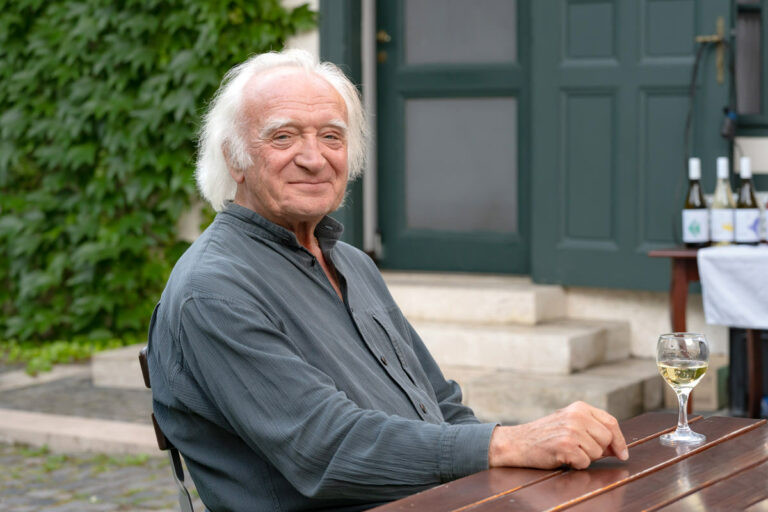
Budapest Strings: Happy Birthday Mr. Lencsés!
Johann Sebastian Bach: „Ich bin vergnügt mit meinem Glücke” Cantata, BWV 84
Hans Koessler: 12 Kammergesänge
*****
Ferenc Farkas: Aria & Rondo all’ Ungherese
Leó Weiner: Divertimento No. 1
Zoltán Kodály: Epigrams
- Lajos Lencsés – oboe
- Krisztina Jónás – soprano
- Budapest Strings
- Concert Master: János Pilz
- Host: Géza Kovács
An old friend and colleague of the Budapest Strings, oboist Lajos Lencsés will celebrate his 80th birthday on the day of the concert, 18 January 2023. The Hungarian performer spent a significant part of his career in Western Europe. The celebrated oboist will take to the stage several times on this evening, and will be joined by soprano Krisztina Jónás, who is at home in both early and contemporary music.
The first half of the concert will feature vocal compositions: a Bach cantata, followed by a real treat, the chamber music of Hans von Koessler. The church cantata Ich bin vergnügt mit meinem Glücke (I am pleased with my fortune) was composed by Bach in Leipzig in February 1727, when he was already in his fourth year as choirmaster of the St Thomas' Church. The cantata features a single soprano in the solo role (this type is called a solo cantata); after two arias and two recitativos, a concluding chorale rounds off the piece. The vocal solos are accompanied by a small instrumental ensemble: oboe, a tiny string section (two violins, one viola) and a continuo group. Hans von Koessler was born and died in Bavaria, but as he taught for a long time at the Liszt Music Academy (1882–1908, 1920–1924), he is also known in Hungary as János Koessler. Some of his pupils went on to become famous composers, including Béla Bartók, Zoltán Kodály and Ernő Dohnányi. His German-language songs callfor a special accompaniment: oboe, horn and a string quartet playing along with the vocal solo.
In 1994, at the age of almost 90, Ferenc Farkas dedicated to Lajos Lencsés the version of his Aria e rondo all'ungherese that is now being played: the soloistic oboe and violin parts are accompanied by a string orchestra (there is also a version for two violins and a string orchestra). Leó Weiner composed five divertimentos, the best-known is probably the very first five-movement orchestral dance suite and its second movement, Fox Dance, which is also featured in the Oscar-winning short film Everybody (2016). Zoltán Kodály's Epigrams were written in the 1950s, with a traditional text by the somewhat eccentric organist and teacher Melinda Kistétényi. Now these folkish-modern pieces are performed with string orchestra accompaniment.
Tickets are available for 3000 HUF on the spot,
online at jegy.hu,
and at InterTicket Jegypont partners across Hungary.